From pattern to patient: microbiome research needs to bridge the gap to the clinic

The microbiome has been a trending scientific topic in recent years. Researchers have uncovered correlations between the human microbiome and a wide range of diseases and health states, ranging from digestive issues to mental wellbeing. But no matter how fascinating these academic findings may be, translating them into concrete clinical applications remains a challenge. How can we enable more efficient clinical valorization of microbiome insights, and pave the way from pattern to patient?
The inspiring potential of gene therapy in neurology
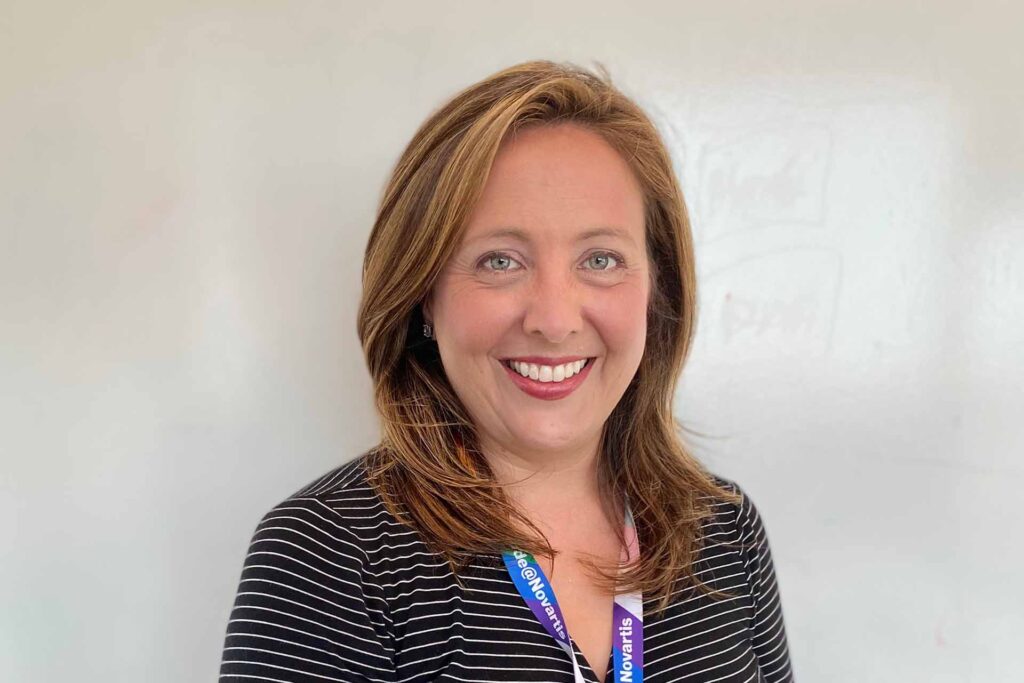
Dr. Monica Bennett is Head of Gene Therapy Unit at Novartis, the company behind the world’s only gene therapy approved for a neurological indication. Zolgensma treats children with spinal muscular atrophy (SMA), a genetic condition where infants with the most severe type rarely survive past their first few years of life. We spoke to Dr. Bennett about her experience working with SMA kids and their families, and the inspiring potential of gene therapy in other neurological diseases.
V-Bio Ventures portfolio company Biodol Therapeutics nominates its first preclinical candidate as a next-generation therapy for neuropathic pain
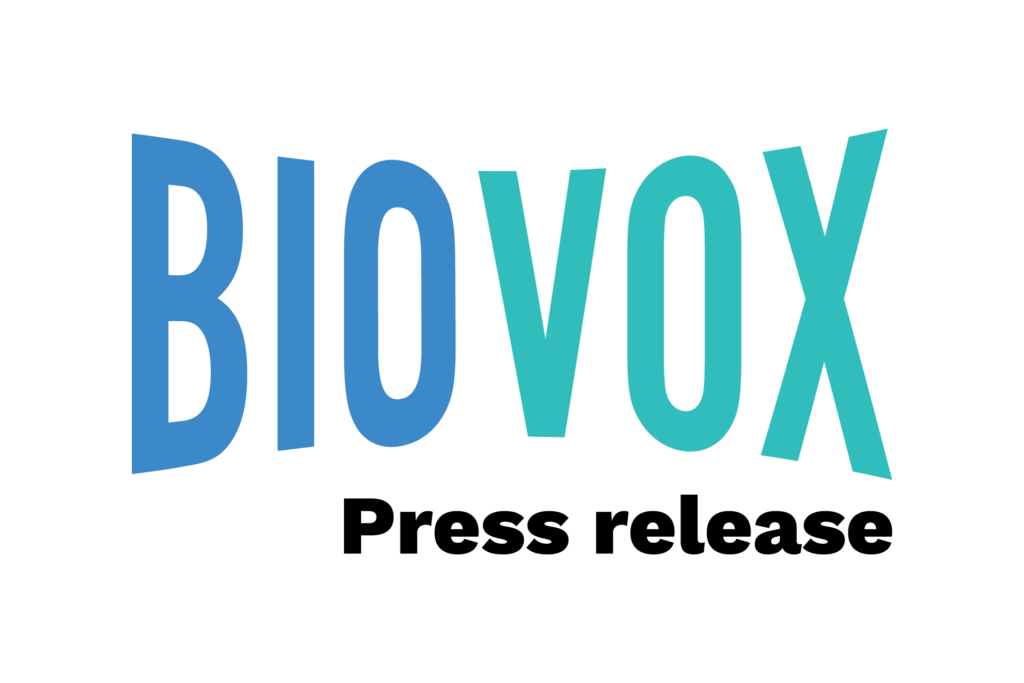
Ghent, Belgium, 31 August 2022 – V-Bio Ventures portfolio company Biodol Therapeutics, a French biotech company developing next-generation neuropathic pain treatments, announces the nomination of its first preclinical candidate. The company aims to advance into IND-Enabling studies, initiating Phase 1 studies in the second half of 2023. Neuropathic pain is a chronic condition with only […]
Augustine Therapeutics: time to reverse nerve damage in patients undergoing chemotherapy or with Charcot-Marie-Tooth disease

Augustine Therapeutics is a VIB and KU Leuven spin-off developing innovative therapies for peripheral and central nervous system disorders. The company initially focused on treating Charcot-Marie-Tooth disease, and recently added a major indication to their lead program after finding strong evidence that their drug candidate can also reverse nerve damage caused by chemotherapy. Augustine Therapeutics aims to initiate clinical trials by 2024.
Gene therapy pioneer Dr. Katherine High on the past and future of the field
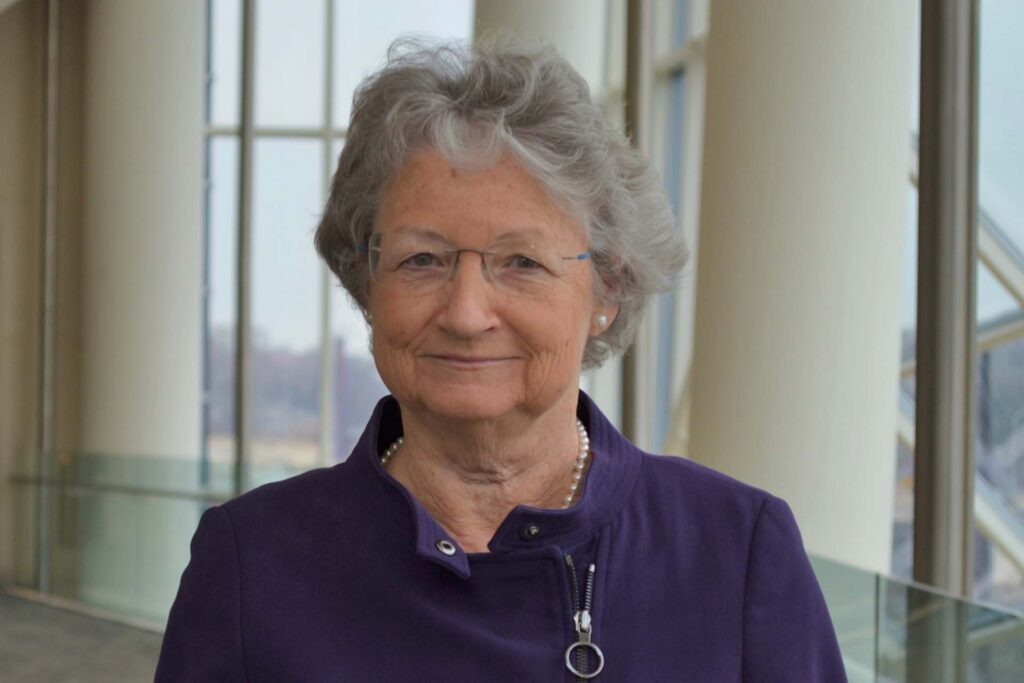
Dr. Katherine High is one of gene therapy’s pioneers, who has contributed to a long list of firsts in the field. As President of Spark Therapeutics, Dr. High led the team that developed Luxturna – the first FDA-approved gene therapy in the world and the first to be approved in both the US and Europe. Prior to that, her trailblazing clinical work with adeno-associated viral (AAV) vectors helped paved the way for many subsequent gene therapies. Today, Dr. High continues her cutting-edge work as President of Therapeutics at gene therapy company AskBio, a wholly owned subsidiary of Bayer AG. We spoke with Dr. High about the evolution of this fascinating field, which has the potential to provide transformational therapies for so many people with otherwise untreatable genetic diseases.
Beethoven and bone conduction: modern hearing solutions based on old tricks
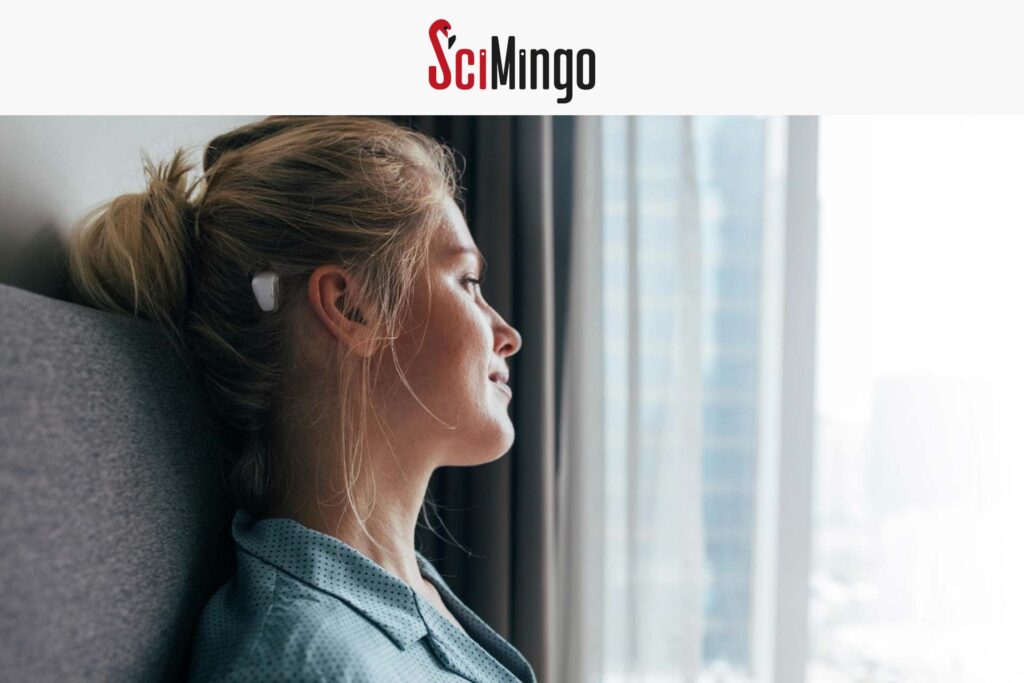
The famous composer Ludwig Von Beethoven lost his hearing at a young age. To keep composing, he actively looked for a way to compensate for his hearing loss. He managed to find a solution by making clever use of the bone conduction of sound. To this day, bone-anchored hearing aids help people stay in tune with the auditory world around them. Researchers at pioneering company Cochlear Limited in Belgium are actively working on the future of this technology.
Obesity weighs heavy on healthcare and human lives

Being overweight is not only bad for one’s health – it also costs society a lot of money. Every year, the Belgian government loses at least 4.5 billion euros due to the direct and indirect costs linked to excessive weight and obesity. As with COVID-19, this issue needs to be tackled as a public health concern: the responsibility of both individuals and policymakers.
Indigo develops device to make light work of diabetes management
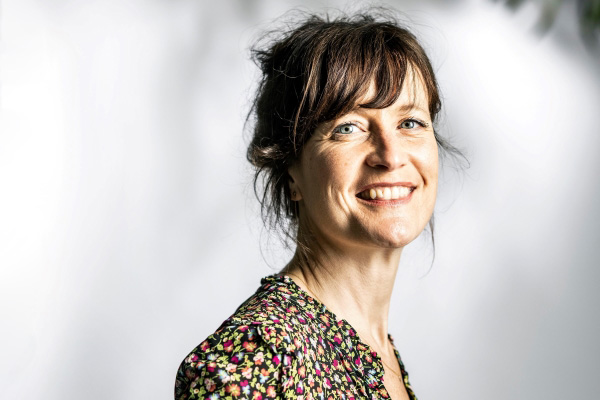
Ghent-based Indigo aims to make a huge difference to the quality of life of people with diabetes. The company is developing a device to render the monitoring of blood sugar levels painless and invisible, a major improvement compared to the tools available today. The innovative technology is based on spectroscopy – using light to measure glucose levels through the skin.
Dualyx: restoring the body’s balance in autoimmune diseases

Belgian start-up Dualyx is developing a novel approach with the potential to treat a wide range of autoimmune disorders. The method uses llama-derived antibodies to flip a master switch and create regulatory T cells, which help restore order to overzealous immune systems.
Rejuvenate Biomed appoints life sciences leader Dr. Ajit Shetty as Chair of the Board of Directors to help guide international ambitions
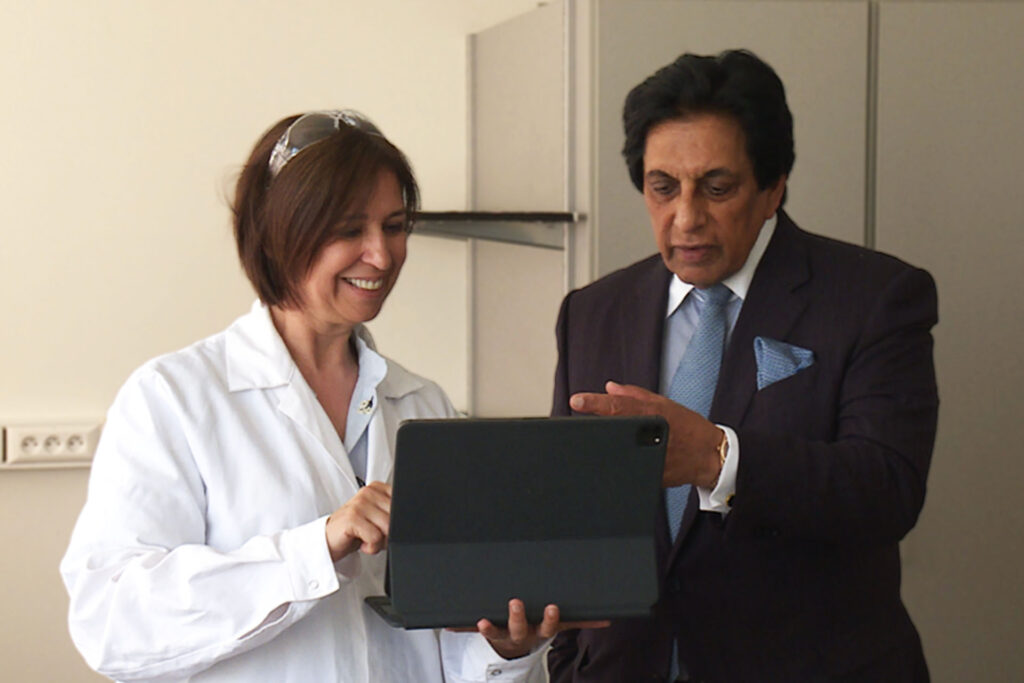
Diepenbeek, Belgium, 12 May 2022 – Rejuvenate Biomed NV (“Rejuvenate”), a biomedical company developing novel combination drugs for age-related diseases, appoints Dr. Ajit Shetty as Chair of the Board of Directors. As a veteran of the life sciences industry, Dr. Shetty will strengthen the business strategy of this ambitious company through both mentorship and connections. Along […]
Augustine Therapeutics appoints Gerhard Koenig as Chairman of the Board, forms Clinical Advisory Board, and broadens therapeutic indications

Leuven, Belgium, 10 May 2022 – Augustine Therapeutics, a biotech company developing novel therapies for neuromuscular and neurodegenerative disorders, appoints Gerhard Koenig as Chairman of the Board. The company also expands the Scientific Advisory Board with clinical experts to support broader therapeutic applications, exploring the potential of novel HDAC6 inhibitors in Charcot-Marie-Tooth disease (CMT), and now also in other indications such as chemotherapy-induced peripheral neuropathy (CIPN), and amyotrophic lateral sclerosis (ALS).
IBA and SCK CEN partnership to produce rare radioisotope for cancer treatments
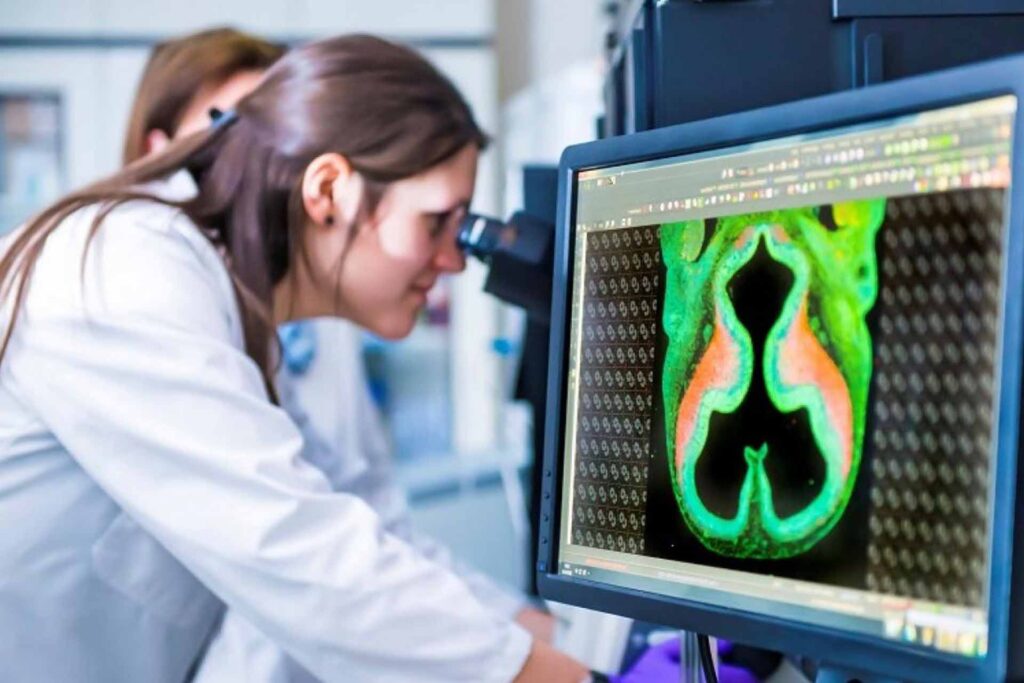
The radioisotope Actinium-225 shows clear promise in the battle against cancer, but to fulfil its potential we will need to enable large-scale production of the rare substance. A collaboration between IBA – the world’s leading company in particle accelerator technology – and the Belgian Nuclear Research Center (SCK CEN) now makes this crucial step possible. The partners are constructing a production plant on the SCK CEN site in the Flemish city of Mol.
Genetic blindness: shining a light on Stargardt for future cures
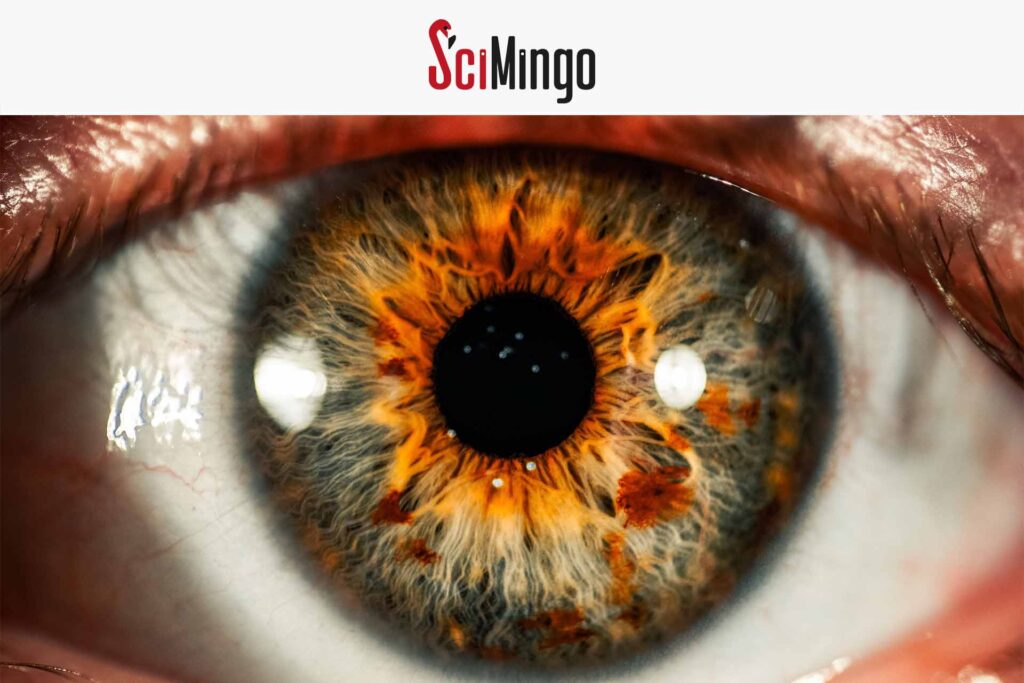
The arrival of gene therapy in the ‘90s brought hope for the treatment of genetic diseases. In recent years, new and emerging technologies have allowed us to overcome initial limitations, opening up the potential of tackling health conditions that were impossible to treat just a few years ago. Stargardt disease – a form of inherited blindness – is one such genetic condition, where researchers in the EU project StarT are working on novel gene therapy approaches to eventually help patients.
Rejuvenate Biomed Started a Groundbreaking Clinical Trial and Expands for Future Growth

Started clinical trial with lead candidate RJx-01 for treating sarcopenia Expands the team and moved to new offices and lab Diepenbeek, Health Campus, Belgium, 29 March 2022 – Rejuvenate Biomed NV (“Rejuvenate”), a biomedical company developing novel combination drugs for age-related diseases, today provides an update on its development pipeline and strategy. Rejuvenate has commenced its first Phase […]
Abscint labels antibodies with radioactive material to spot harmful cells
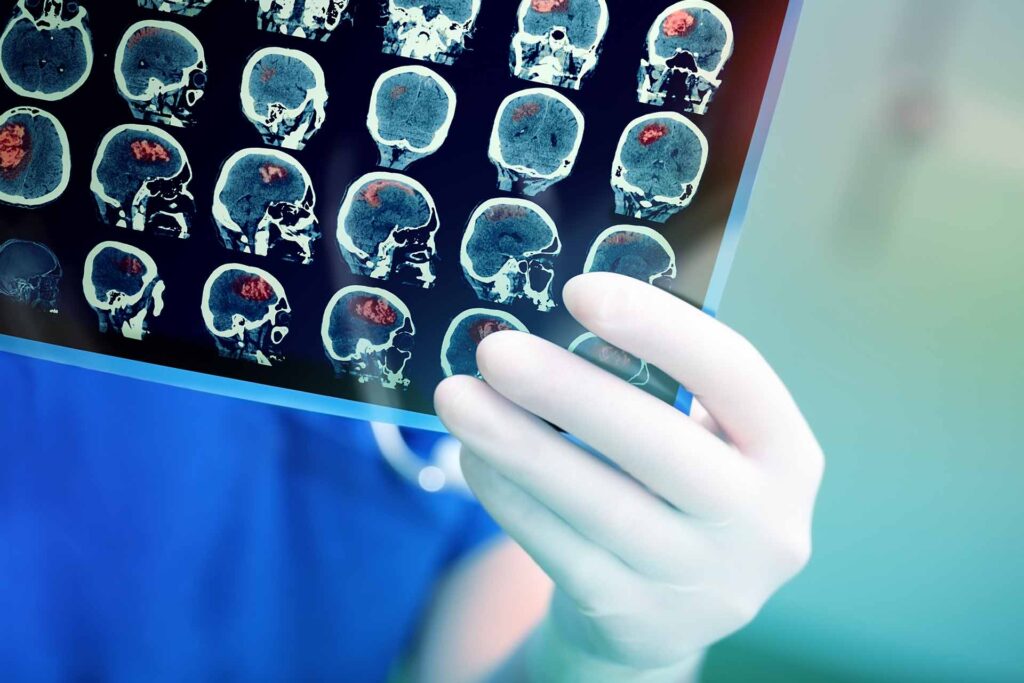
Abscint is one of several Belgian biotech companies using single-domain antibodies. But unlike the others, Abscint is using these antibodies for diagnostic purposes instead of therapeutic ones. After being labelled with a miniscule amount of radioactive material, the antibodies can be used to show on PET/CT scans for example whether breast cancer cells have spread to the brain, or if patients with sarcoidosis are at risk of a sudden cardiac arrest. The company, founded in 2020, is currently looking for funding to bring its solutions to the market as soon as possible.
